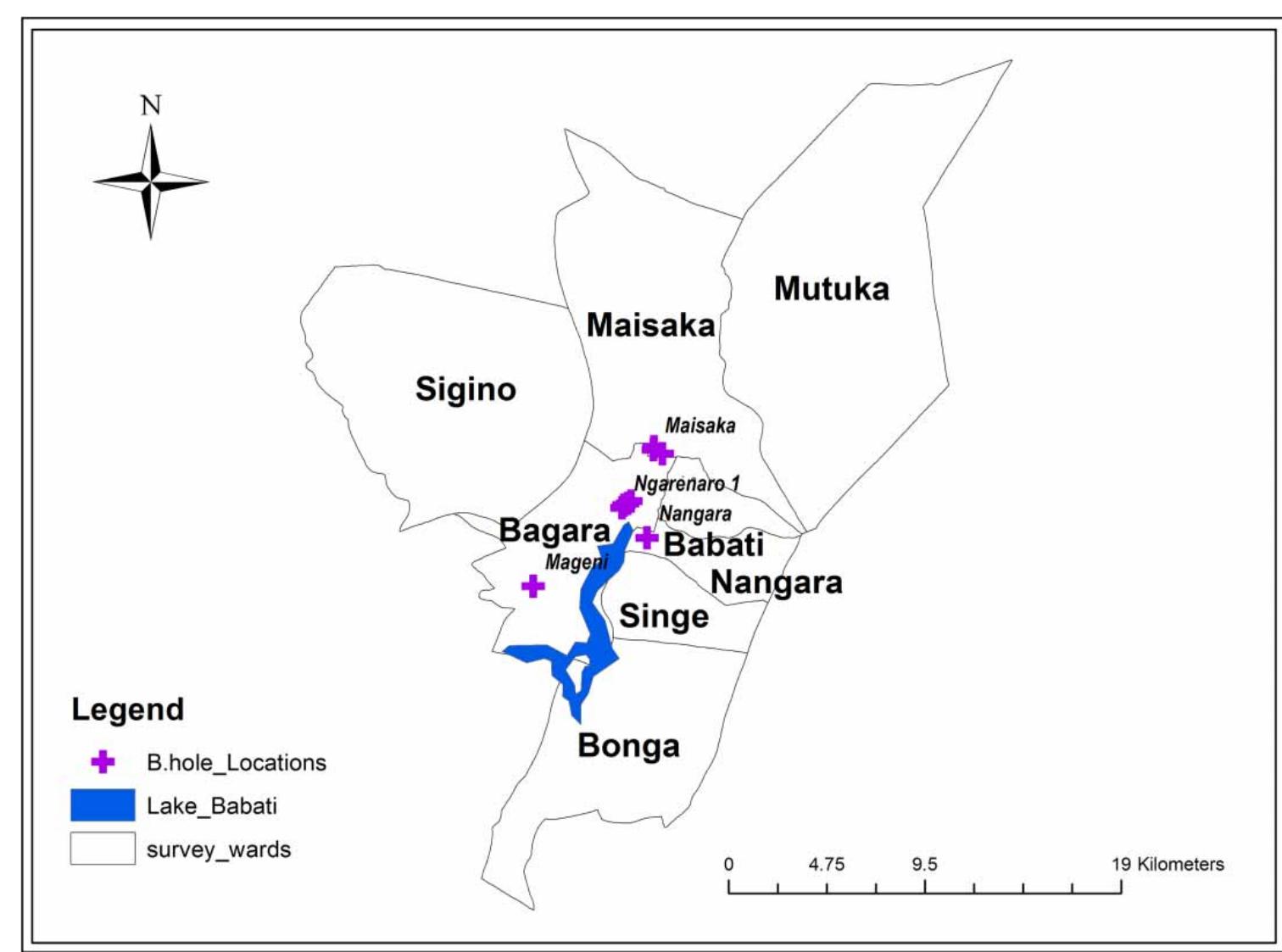Key research themes
1. How do pollutants migrate through environmental media and what risks do they pose to water resources?
This theme investigates the mobility, fate, and contamination risk of pollutants—specifically emerging contaminants like antibiotics—in soils and groundwater at catchment or landscape scales. Understanding pollutant transport mechanisms and sorption behavior in diverse soil types is critical for accurately assessing risks to surface and groundwater quality, informing management and mitigation strategies to protect vital water resources.
2. What are the health, socioeconomic, and regulatory impacts of air pollution, and what interventions have proven effective?
This research theme centers on the comprehensive impacts of air pollution spanning health consequences, socioeconomic effects, and existing regulatory frameworks or policy interventions aimed at pollution mitigation. It critically synthesizes evidence on disease burden, economic costs, and quality of life reductions associated with pollutants, while evaluating the efficacy of intervention strategies in diverse geographic contexts. Understanding these linkages is key for developing scientifically grounded policy measures and optimized pollution control programs.
3. What are the types, sources, and ecological consequences of environmental pollution and how do engineering approaches inform pollution prevention and control?
This theme addresses the diversity of pollution forms (air, water, soil, noise, radioactive), their anthropogenic and natural sources, and their bio-ecological and climatic impacts. It also explores engineering and technological strategies for pollution separation, treatment, and prevention, emphasizing system design, cost optimization, and policy support for sustainable environmental management. The integration of scientific understanding with engineering solutions is pivotal in realizing operational pollution control and enhancing ecosystem and human health resilience.


















